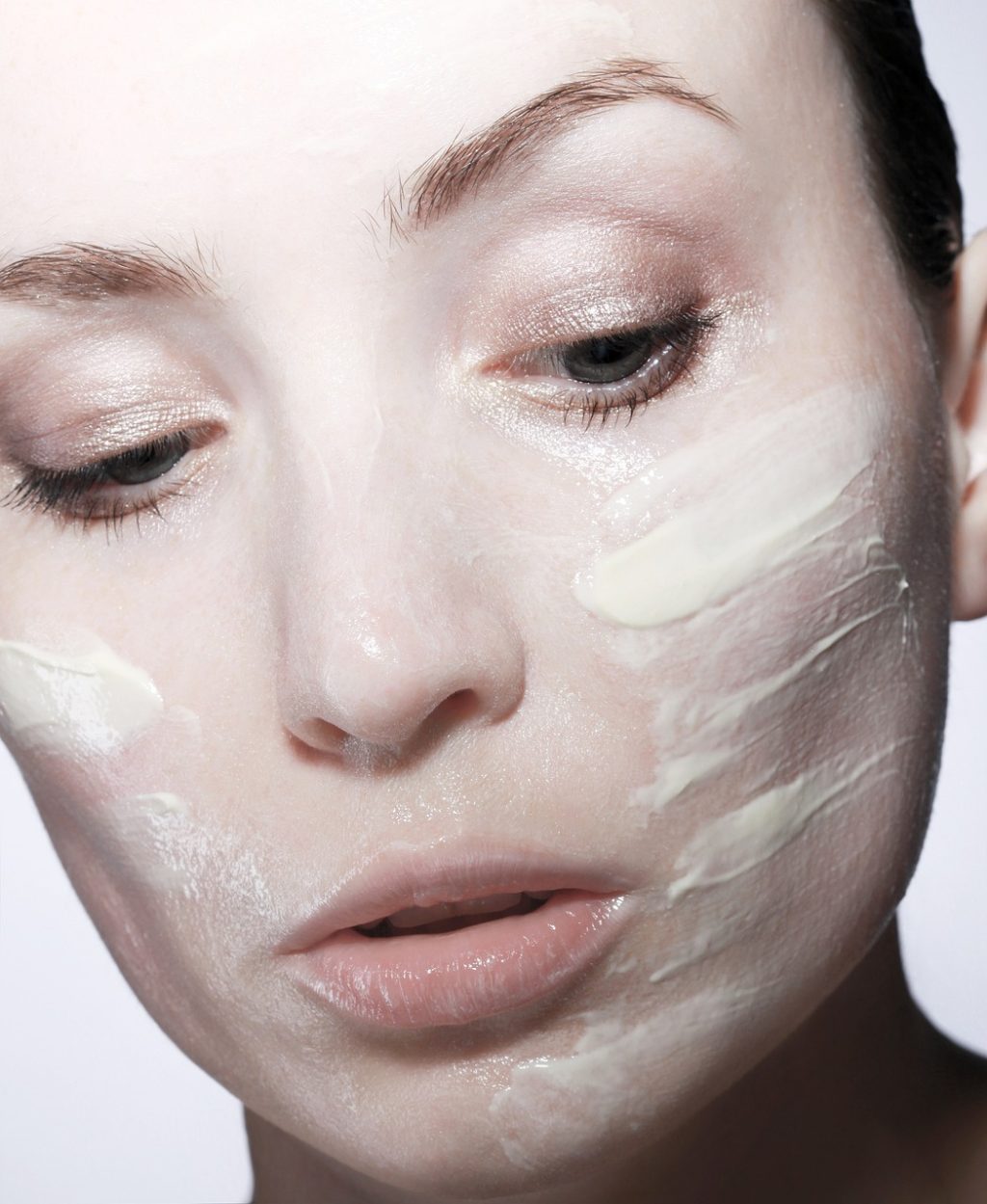Rosacea is a common chronic skin condition that primarily affects the face. It is characterized by redness, visible blood vessels, and often small, pus-filled bumps or pustules on the central part of the face, such as the cheeks, nose, chin, and forehead. In some cases, rosacea can also lead to eye problems, such as redness, dryness, and irritation.
Medical professionals do not fully understand the exact cause of rosacea, but they believe it involves a combination of genetic, environmental, and vascular factors. Triggers for rosacea flare-ups can vary among individuals but often include factors such as spicy foods, alcohol, hot beverages, exposure to sunlight, stress, and certain skin care products.
Treatment for rosacea typically involves a combination of lifestyle changes and medical therapies, as there is no cure for the condition. Here are some common treatment approaches:
Lifestyle modifications:
- Identify and avoid triggers that worsen your rosacea symptoms. This may involve keeping a diary to track flare-ups.
- Protect your skin from the sun by using sunscreen and wearing a wide-brimmed hat.
- Be gentle with your skin when cleansing and avoid harsh or abrasive skincare products.
Topical medications:
A dermatologist may prescribe topical creams or gels containing ingredients like metronidazole, azelaic acid, or ivermectin to reduce redness and inflammation.
Oral antibiotics:
Doctors prescribe oral antibiotics like doxycycline or minocycline in some cases to control inflammation and reduce papules and pustules. These antibiotics may also have an anti-inflammatory effect. To get further help please visit a Skin Specialist in Karachi.
Laser and light therapies:
Dermatologists can use lasers or other light-based treatments to reduce redness, visible blood vessels, and certain skin changes associated with rosacea.
Topical and oral medications for eye symptoms:
If you have ocular rosacea (eye involvement), your eye doctor may prescribe eye drops or oral medications to manage symptoms.
Skincare recommendations:
- Use gentle, non-comedogenic (non-pore-clogging) skincare products.
- Consider using green-tinted makeup or concealer to mask redness.
- Manage stress through relaxation techniques or counseling.
It’s important to note that treatment plans for rosacea should be tailored to the individual’s specific symptoms and needs. You should consult with a Dermatologist in Lahore or healthcare professional for a proper diagnosis and a personalized treatment plan. Early diagnosis and management can help control symptoms and prevent the condition from worsening.

